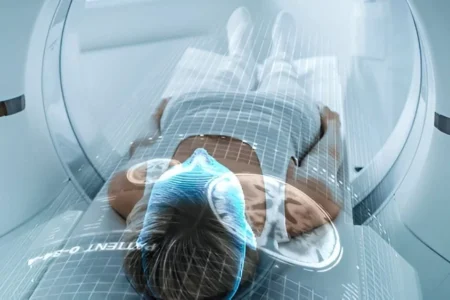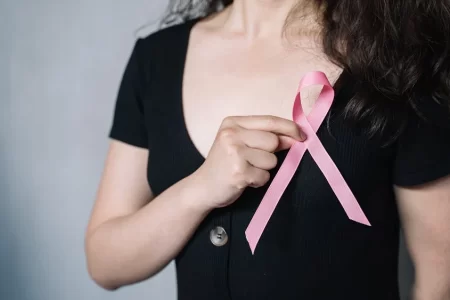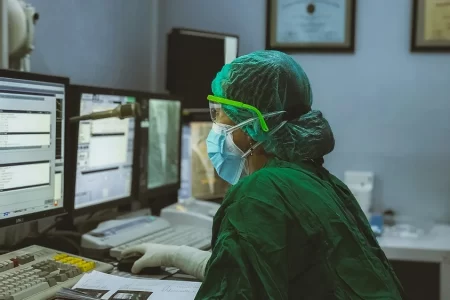Real Life Experiences About Coping With Cancer
- Updated on: Sep 15, 2024
- 4 min Read
- Published on Apr 22, 2021

What does it feel like when you have cancer?
Cancer treatments can cause several changes to your body. There are some side effects of each type of cancer treatment which different people experience differently. Everyone doesn’t experience the same treatment side effects even though they are given the same treatment for the same type of cancer. Therefore, it is hard to predict what side effects can occur in your body as a result of a particular cancer treatment.
As you prepare yourself for cancer treatment, you may be scared of the various side effects. It’s quite normal but there are ways to cope with the various types of consequences of the various treatments of cancer. We present here some coping techniques that you can follow to feel better and cope with the treatment more effectively.
People cope with cancer just like they cope with many other problems or diseases. There is no fixed way to handle these challenges. Each person does it in his or her own way. As time passes, most people find ways and coping skills to carry on with their work, hobbies, and relationships.
Read about some common cancer types:
Coping with physical side effects of cancer treatment
What changes occur to your physical health as a result of cancer treatment depends on many factors, such as:
- cancer’s stage
- duration and dose of treatment
- your general health
- your age
Sometimes, physical side effects can continue even after the treatment is complete. In some cases, they appear quite late such as months or years after the treatment ends. You may get such long-term side effects as a result of the cancer treatment. One of the goals of treatment of cancer survivors is to treat these late effects and long-term complications.
Coping with emotional and social effects of cancer treatment
After a cancer is diagnosed, you can have emotional and social side effects. This requires proper care and treatment involving dealing with the emotions and anxiety. These are common emotional states one may find herself or himself in:
- Sadness
- Anxiety
- Stress
- Anger
- Frustration
- Feeling guilty
Some patients have problems expressing themselves and communicating to others. As part of care of cancer survivors, patients are encouraged to express themselves to their loved ones, communicate with them, share their feelings, and participate in social groups. Some strategies and coping skills that can be adopted for social and emotional care of cancer patients are:
- Take care of yourself
- Reach out to others
- Learn as much as you can about your cancer and its treatment
- Express yourself
- Seek help from others
- Join social groups and support groups
Coping with financial effects of cancer treatment
Cancer treatment is quite expensive. It can bring a lot of stress and anxiety for people with cancer and their families/parents. Some people are not able to bear the costs and stop the cancer treatment leading to complications later, which makes the overall treatment even more costly. If you feel you are burdened with the cost of cancer treatment and face any challenges in bearing the costs, you should discuss with your healthcare team.
Some of the strategies that can help in coping with the financial effects of cancer treatment are:
- Ask questions about the cost of treatment to your health care team. Understand the treatment and associated costs well.
- Search for national organizations that can help people with cancer who are facing financial challenges
- There are some national service organizations that help with financial expenses of cancer patients. Talk to them.
- Contact your local service organization for help
- There are agencies and social groups that provide travel and housing assistance for patients who are away from their homes for cancer treatment. Find some of them that suit you.
Support from the loved ones
Caregivers can play a big role in helping the cancer survivor cope with the disease. They have huge responsibilities almost on a daily basis. Below are some of the ways caregivers (family members and friends) can take care of their loved ones:
- Provide general support
- Encouragement and motivation can bring life in a depressed and sad cancer survivor
- Provide them necessary medications
- Help them manage their symptoms and side effects of the cancer treatment
- Help them in coordinating medical appointments and treatment schedules
- Drive for them to appointments
- Help them with preparing meals
- Help them with daily activities such as usual household chores
- Manage their insurance and billing issues
Caregivers can also be hired. It’s not always a family member, so it’s essential to know beforehand the daily activities they’ll perform or whether it’ll be in a city or a rural area, as the in-home caregiver pay rate will vary depending on these circumstances.
Talking to your healthcare team about the cancer treatment side effects
You should talk to your care provider about the various side effects of cancer treatment before starting cancer treatment. You may ask questions, such as:
- Which side are you likely going to experience?
- When will these side effects occur?
- What long-term changes can these side effects bring to your body?
- In how much time, these side effects will possibly subside?
- Can you do something to prevent these side effects? What are the ways you can prevent them with?
Getting help during cancer treatment to cope with the side effect
Many people are embarrassed or scared to admit it if they’re depressed or sad or anxious. You should not worry about the treatment side effects nor should be embarrassed of the depression or other emotional states in the body.
Depression is often caused by the chemical changes that go along with cancer. It’s not a sign of being weak, and it’s not your fault if you are depressed. You have no control over it. You should openly discuss with your care team and family members or friends if you are experiencing depression or other emotional challenges. Depression can be treated with medicines and counseling. Treatment for depression can help you feel better and hopeful about the future.












